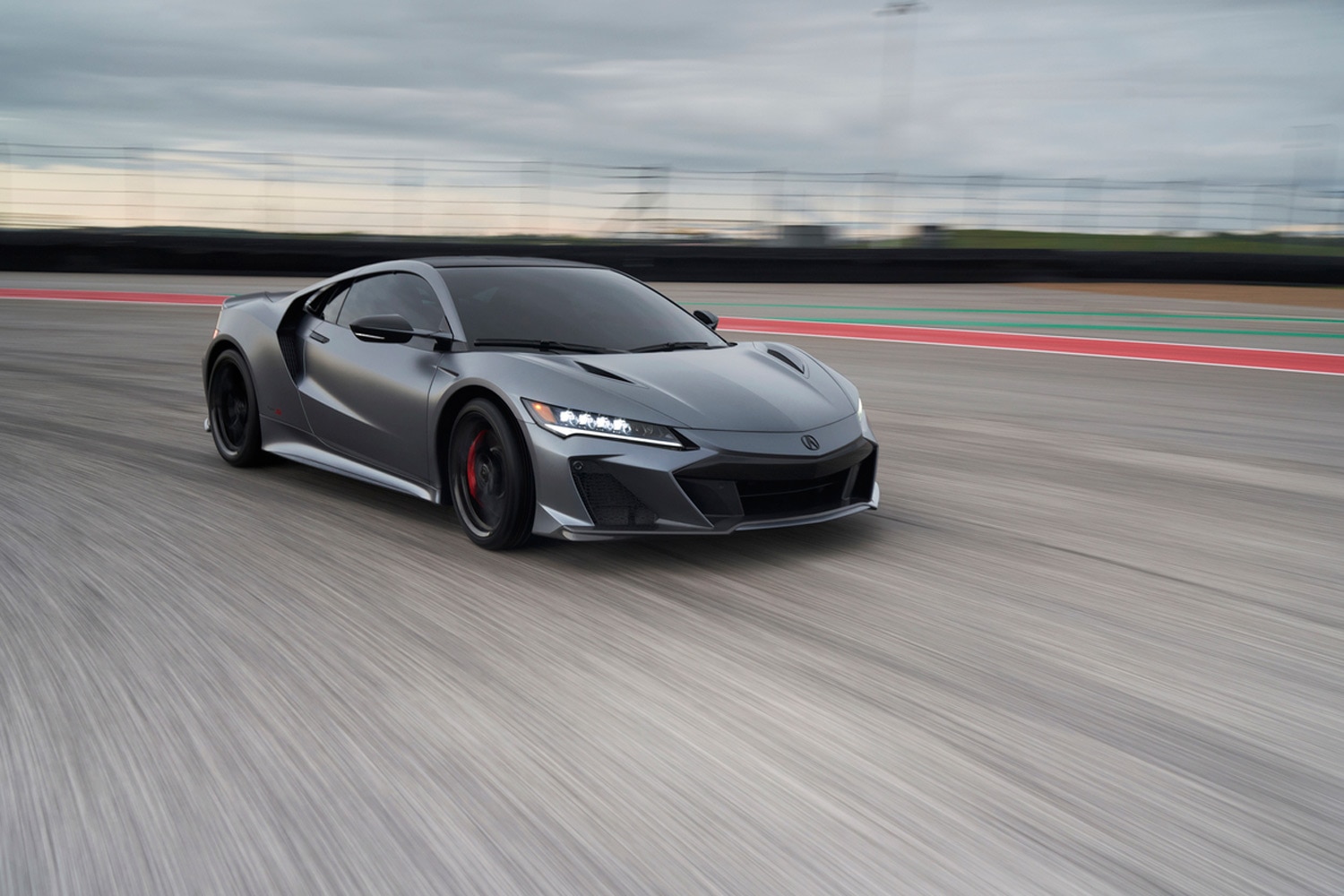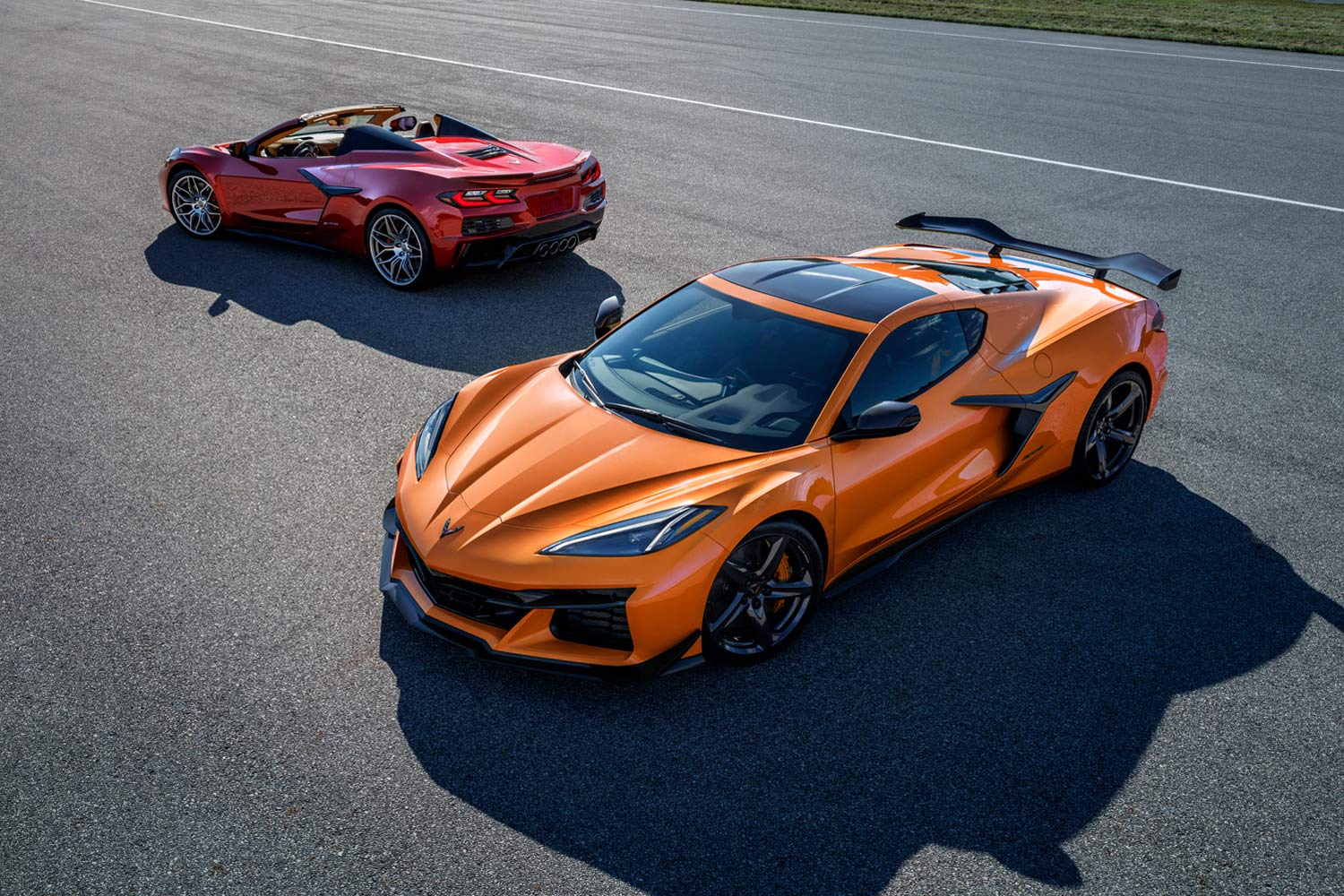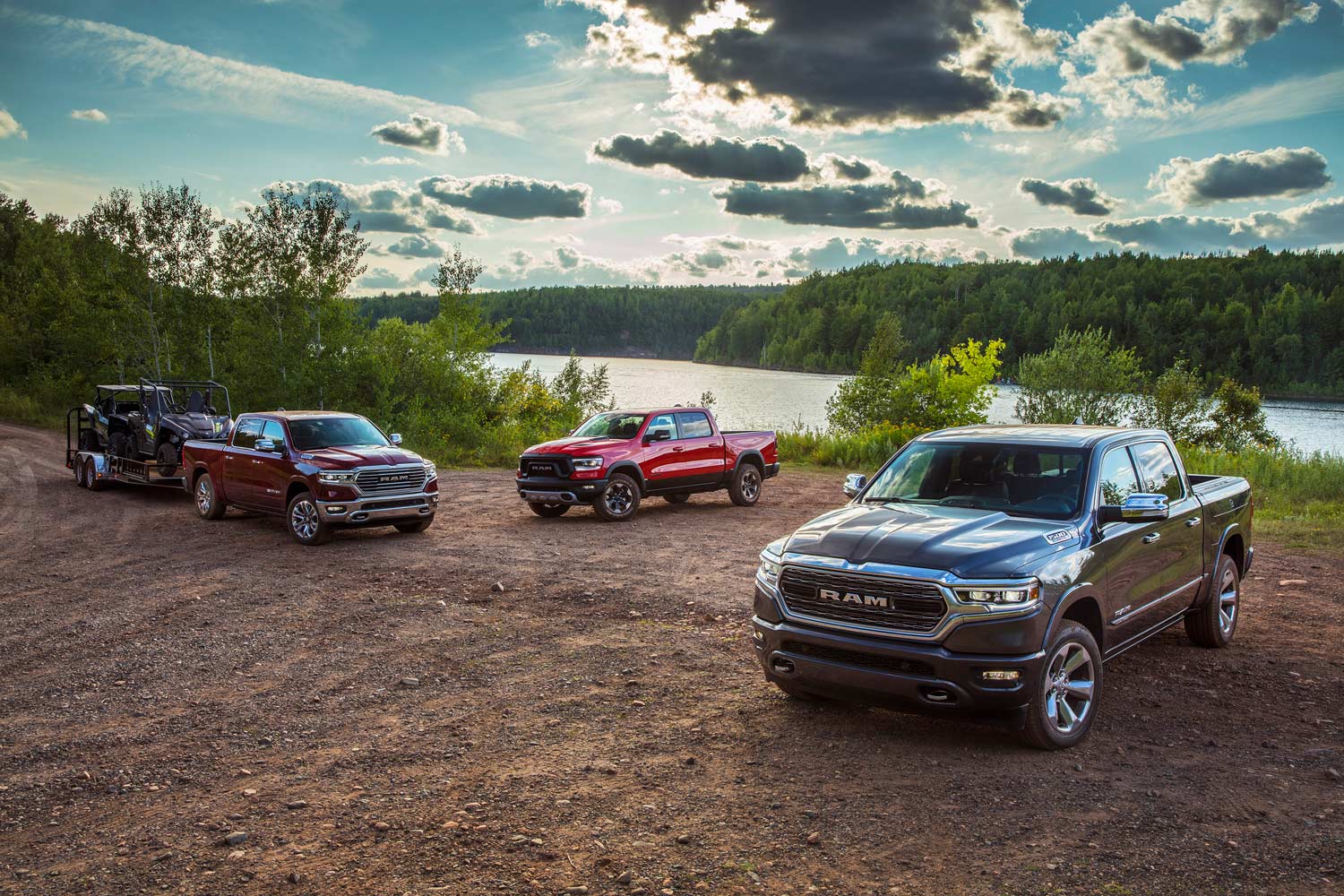V6 vs V8: Which Is The Right Choice?
Between the "fun" factor, fuel economy, and drivability, there's more to the age-old debate between getting a six or getting an eight in your next car.
Capital One
Article QuickTakes:
In the mid-20th century, there was a saying: "There's no replacement for displacement". In its original context, it was about supercharged Bentley race cars in the 1920s, but by the 1960s, it had become emblematic of American "big block" V8 muscle cars. When power was the deciding factor in V6 vs V8 decisions, the V8 was going to win every time. Sixes were good for fuel economy, but could never work up the sheer horsepower that a V8 could.
Time and technology have changed things. Now there's a lot that goes into the old V6 vs V8 debate.
V6 vs V8: Horsepower and Torque
In theory, by design, a V8 will always be able to make more power than a V6. That's what those cylinders are there to do, and two more of them is an advantage. But that's an "all things being equal" thing—and they're not, especially now. Turbocharging, supercharging, or hybridizing a V6—adding electric motors to boost available power—can result in some astonishing horsepower and torque figures.
 Acura
Acura
Take the Acura NSX, for instance. It does all of that. It starts with a 3.5L V6, but it adds two turbochargers and three electric motors, two of them driving the front wheels. The result? 573 hp and 476 lb.-ft. of torque. Only seven naturally aspirated V8-engined cars—cars with no turbochargers, superchargers, or hybridizations—make more power. The most powerful of those? The Z06 version of the Chevrolet Corvette. It gets 670 hp and 460 lb.-ft. of torque from a 5.5L V8.
V6 vs V8: Smoothness
This is one that hasn't changed over time, most likely because it's based in physics. The more cylinders there are, the longer the interval between each one firing, and the smoother the engine runs. It's why prestige cars of the 1930s like Cadillacs and Packards had V12 and V16 engines. So, while a V6 engine will generally be smoother than a four-cylinder, a V8 will always be capable of greater smoothness than a V6. Think more about luxury cars with V8s, rather than hot rods with their high performance engines with choppy idles.
 Chevrolet
Chevrolet
V6 vs V8: Weight and Balance
This one usually goes to the V6. V8 engines tend to be larger and heavier, which puts more weight over the front wheels—assuming the engine is in front, and not behind the driver like the current Corvette or a McLaren supercar. That can result in what's known as understeer. A lighter engine can make the car's responses to steering inputs more immediate. But, as with all things, there's a balance to be achieved. Performance cars, especially those focused on handling, aim for as close as possible to even weight distribution from the front of the car to the back. Mid-engine cars, like the current Corvette depicted, are prized for this. When the engine has to be up front, though, as in most cars, a lighter engine is a logical way to get better weight distribution and thus better handling.
 Ram
Ram
V6 vs V8: Fuel Economy
Car ads of the 1950s and 1960s used to frame the V6 vs. V8 debate with lines like "Choose from V8 power or a fuel-sipping V6". All things being equal, more cylinders means more fuel being fed into the engine. But since then, automakers turned to the V6 as a way of offering more power than a four-cylinder instead of better fuel economy than a V8. There are very few cars that offer a choice of a V6 or V8 today, but the truck segment is one place where buyers can still choose between a V6 vs V8, and there it's no clearer than the choice between a diesel V6 and a Hemi V8 in the Ram 1500.
The Hemi is the towing leader in the lineup, and though the turbodiesel V6 takes the second place towing slot, it also serves as the most efficient option in the truck maker's lineup. Drop down to the base non-diesel V6 and the choice is obvious: if you need something capable but don't need to tow, the V6 is a good choice—if towing is on the menu, then the V8 is the one to buy.
The right choice will be different for every car buyer. It comes down to priorities. Is it raw power and speed? If a 395 hp V8 is available, is a 305 hp V6 inadequate? Or is a balance of performance and handling with even just slightly better fuel economy likely to end up being the better car to live with day in and day out? Each buyer will have a different answer, which is why the choice is still being offered—for now.



